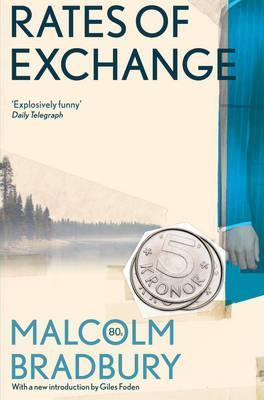What do you think?
Rate this book


370 pages, Paperback
First published January 1, 1984
At first glance Dr Angus Petworth (also called Pitwit, Pervert, and Petwurt by his Soviet-bloc hosts) might appear stuffy; his is a pale-faced, middle-aged British professor of linguistics. But as soon as he sets out on a lecture tour behind the Iron Curtain and becomes embroiled in a confrontation with a matronly stewardess on the plane, it’s clear that he is off on a highly unusual adventure. Petworth makes his rounds of universities and after-hours vodka parties, weaving his way through a labyrinth of confusion, anxiety, and highly unlikely romance.